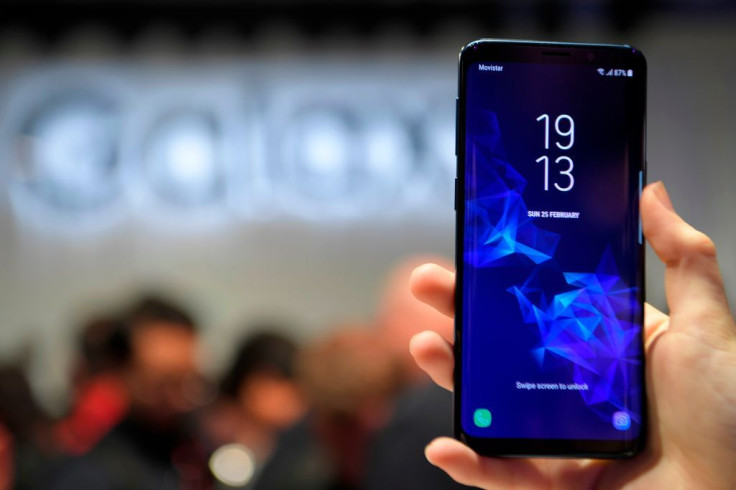Google Pixel 4 Spotted Running Android 11 On Geekbench
KEY POINTS
- Google's current operating system is Android 10
- The next operating system might be called Android 11 based on Google's naming strategy
- A new Geekbench listing shows Google Pixel 4 running on Android R or the developer preview version of Android 11
Search engine giant Google released the Android 10 back in Sept. 2019. The tech company has not yet revealed the name of its next operating system. However, Google Pixel 4 was recently spotted on Geekbench running on Android R, otherwise known as Android 11.
Based on the Geekbench listing, the Google Pixel 4 scored 712 single-core performance. With regards to its multi-core score, the device got 2181. The Geekbench listing also contains the name of the device model, which is Google Pixel 4. Moreover, the device has 5.466MB of memory or roughly 6 GB of RAM.
In the past, Google dropped its tradition of naming its operating system based on sweets or dessert. It could very well explain why the Geekbench listing contains the name Android R. Several rumors claim that Google might continue to call the developer preview of its operating system using a letter and revert using numbers for the final version.

It makes sense considering that in 2019 Google calls its latest developer preview Android Q and officially called it Android 10 for its final version. Based on this ‘assumption,’ Google would call the developer preview Android R and Android 11 on the release of the build’s final version. As for its potential release date, the release pattern of Google could perhaps give us a clue.
The tech giant announced the Android Q developer preview on Mar 2019. It rolled out six beta builds before finally releasing Android 10. The final version was released on Sept. 3, 2019. Based on this, it is possible to see the next appearance of Android R between six to eight weeks from now.
Android 11 could create video files of above 4GB. It would be very useful, especially for smartphones with advanced camera configuration capable of capturing 40 60FPS and even 8K 30 FPS. Earlier rumors revealed that Android 11 would enable users to save IDs on smartphones.
While this recent Geekbench listing is interesting, it is worth mentioning that device hardware data are reported on an operating system level. In other words, the app is easy to spoof or manipulate. In line with this, we recommend taking this with a pinch of salt and with skepticism.
© Copyright IBTimes 2024. All rights reserved.












